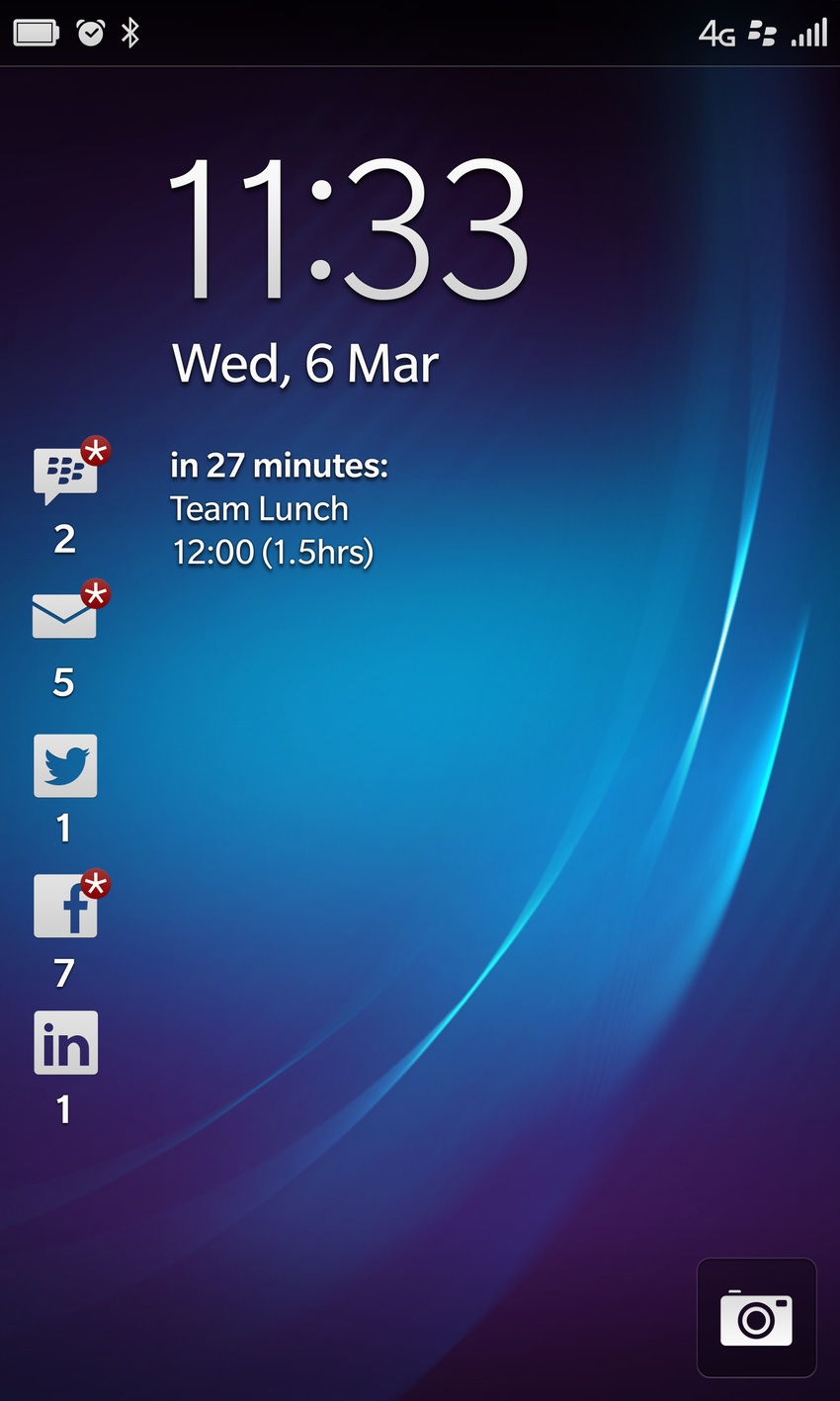Despite having seen its market share drop considerably over the past two years and having delayed the launch of the platform several times, Canadian handset firm BlackBerry launched its BlackBerry 10 platform this week, still hoping to disrupt a smartphone market dominated by iOS and Android.
January 31, 2013

Despite having seen its market share drop considerably over the past two years and having delayed the launch of the platform several times, Canadian handset firm BlackBerry launched its BlackBerry 10 platform this week, still hoping to disrupt a smartphone market dominated by iOS and Android.
Those two platforms account for 92 per cent of the global smartphone market share, according to Strategy Analytics, but BlackBerry’s flagship offering has received a warm response from the analyst community, with many believing that BB 10 offers a serious alternative.
“The BlackBerry 10 platform offers a differentiated user experience in today’s crowded and homogenous smartphone market,” said Adam Leach, principal analyst at Ovum.
“The Blackberry Z10 and Q10 will stand out from the Android masses and look distinct from Apple’s iPhone. The user experience of Blackberry 10 introduces some nice new features but importantly builds on Blackberry’s UI heritage and therefore will certainly appeal to existing Blackberry users.”
However, he added that Ovum believes that despite a platform that will attract short-term interest from existing users, the company will struggle to appeal to a wider audience and in the long-term will remain a niche player in the smartphone market.
But Robert Rutherford, CEO of IT outsourcing services provider QuoStar Solutions believes BlackBerry may have taken a major step in making BYOD commercially viable.
“Traditionally BYOD has had two major drawbacks, it wasn’t secure and it wasn’t practical. The noises coming from the RIM camp today suggest that BlackBerry may be on the cusp of releasing a phone which has tackled these problems head on,” he said.
“The security risks for BYOD devices are more or less the same as company owned devices. It is however much harder to control devices the company doesn’t own. How do you dictate which applications and services can or can’t be installed, either intentionally or unintentionally? According to BlackBerry, the answer is, on the surface at least, remarkably simple: separate them. Instead of having a work phone and a personal phone, get a work/personal phone – the company might even buy it for you.
“Until the device is out in the market though, we won’t know for sure if it has the kind of potential that the pre-release rumours suggest, but if it lives up to the hype then there will be just one question from BYOD fans: when is the tablet coming?”
“I am excited about BB10,” added Jason Yeomans, MD at telecoms and IT managed services PMGC Technology Group. “Not because it is a BlackBerry, but because it is a great device that will add even more choice to an already competitive market place.”
Yeomans added that technology can drive growth back into the economy through mobile working, creating scalable and secure environments that can deliver services faster. He believes that BB10 does that but it also, for the first time, marries that with a social, user friendly interface.
“Some of the new developments are genuinely innovative – BlackBerry Balance for example or the UI on the touch screen keyboard. These are advancements that users will really love.”
Malik Saadi, principal analyst at Informa Telecoms & Media said that the new BlackBerry Z10 device delivers some of the most efficient, accurate and engaging ways to access messaging and social networking services to date.
“These services are always just one gesture away from the user regardless of the other tasks the phone is performing. The BlackBerry Z10’s comprehensive and yet intuitive typing experience, the architecture of the messaging hub, the speed of execution and multitasking capabilities make it stand out from the best smartphones currently available on the market,” he said. “Its LTE performance has also been first rate, at least in North America.”
He added that Blackberry Z10 needs to seduce business users and advanced consumers, as this audience is often more concerned about whether the device enables high productivity and gives scope for creativity and less concerned about price.
“However, in the consumer segment, the challenge BlackBerry faces is not so much related to the device’s performance or its appeal but is more about how consumers will react to its brand new approach to the user experience,” Saadi added. “Given that consumers are generally slow to adapt to new user experiences, they might find it hard to connect with Z10’s user interface from the first touch. The minimalistic design of the phone means it does not feature the traditional physical ‘buttons’ users are accustomed to – the home button, the back button and the search button. Instead the phone relies predominantly on soft touch and gesture for navigation.”
He added that it will be challenging for BlackBerry to push the new device to consumers in retail stores, as sales representatives often prefer to sell as many phones as quickly as possible, preferably the ones that don’t require too much effort in educating the consumer.
About the Author(s)
You May Also Like








.png?width=300&auto=webp&quality=80&disable=upscale)


_1.jpg?width=300&auto=webp&quality=80&disable=upscale)


.png?width=800&auto=webp&quality=80&disable=upscale)